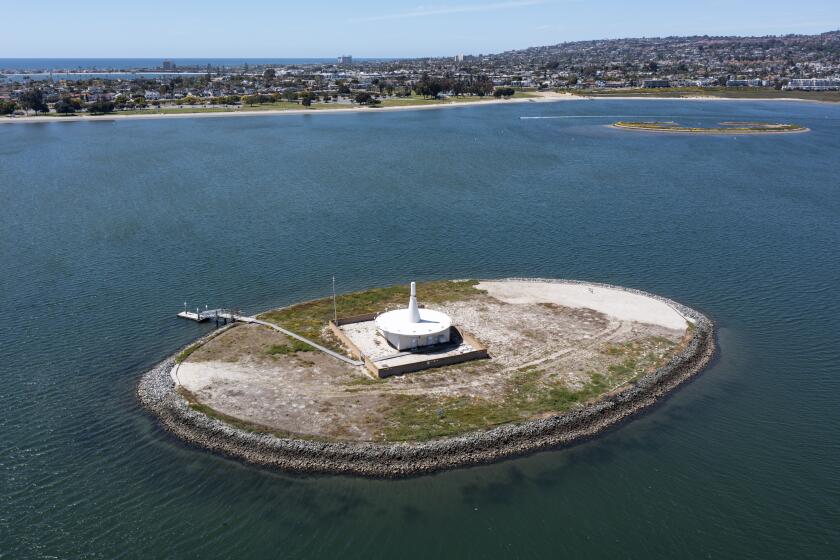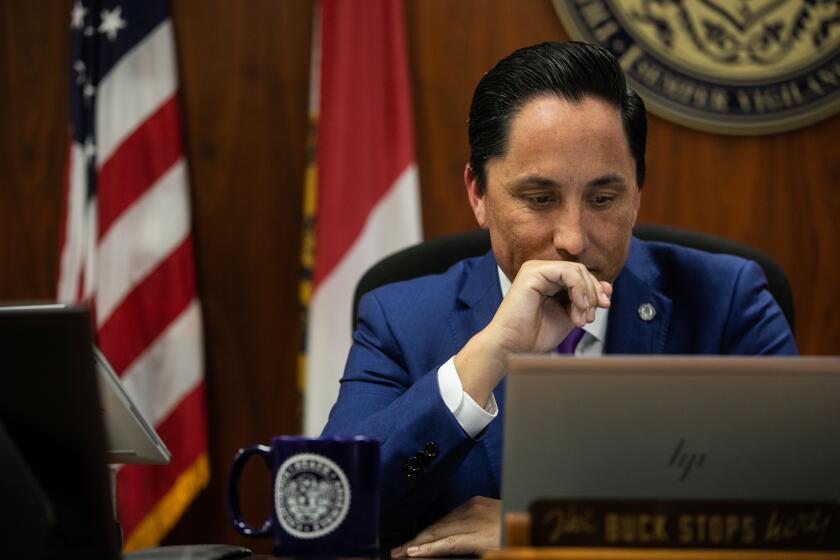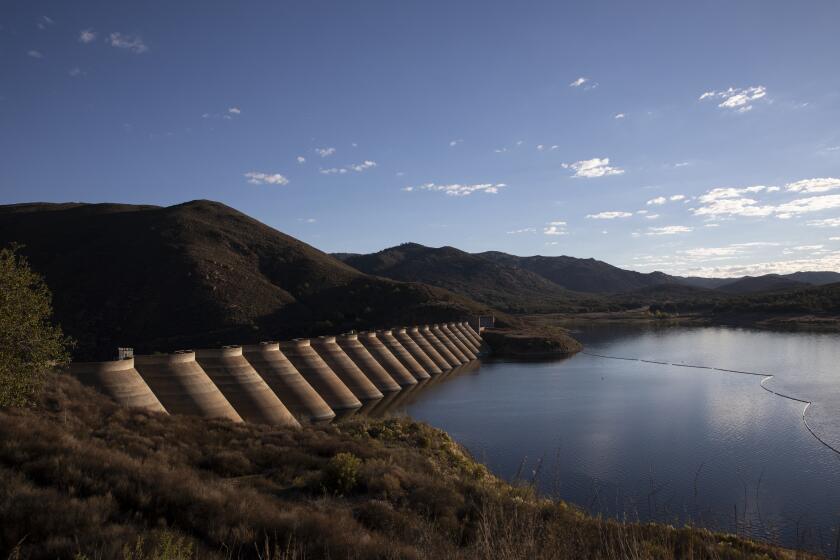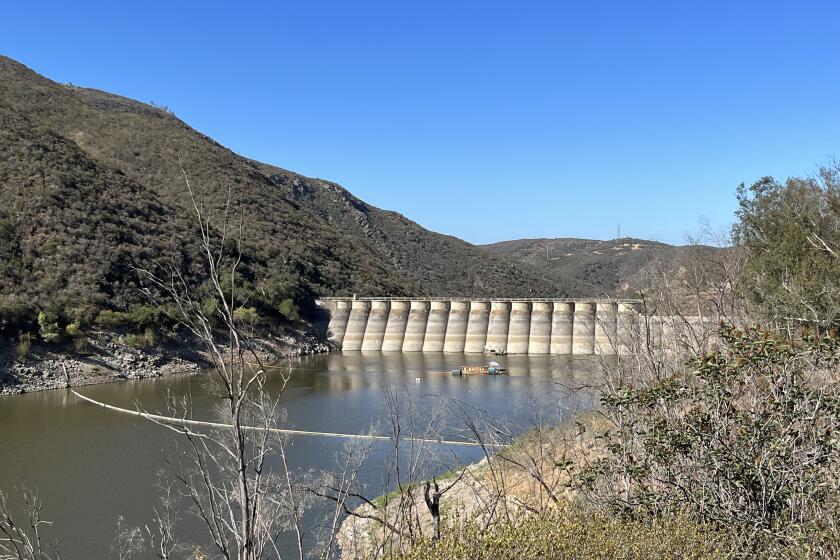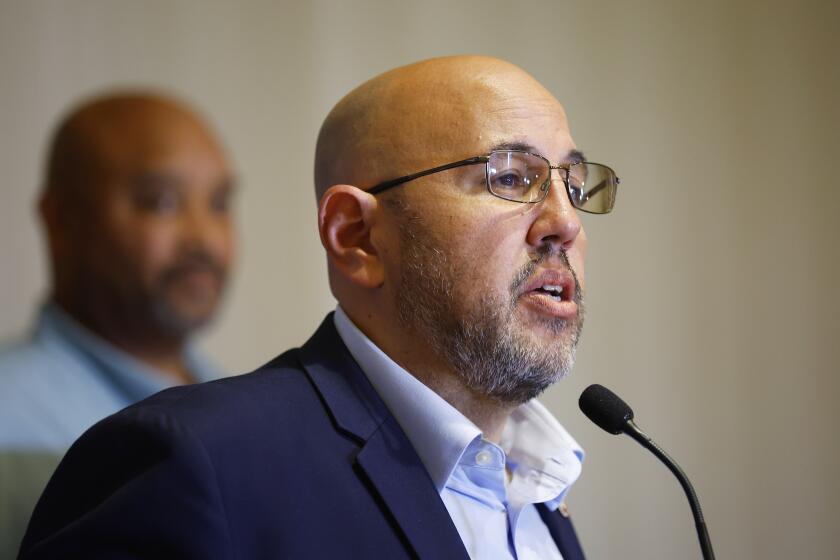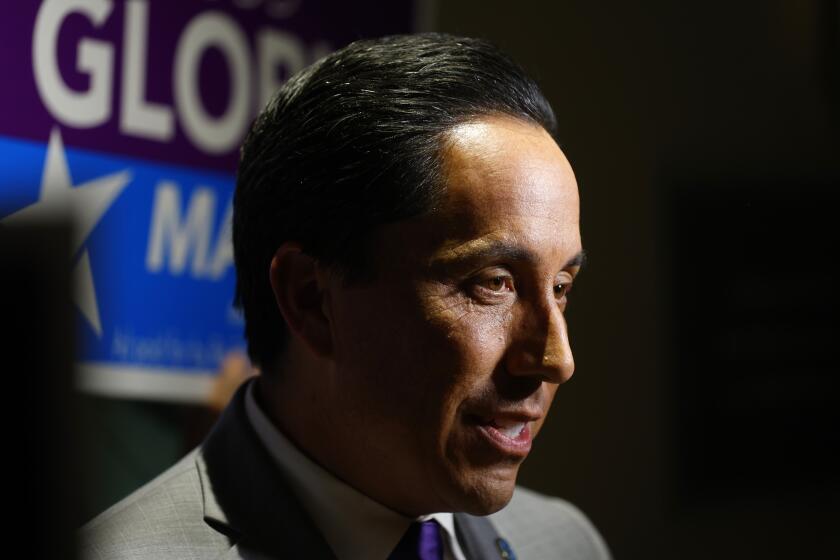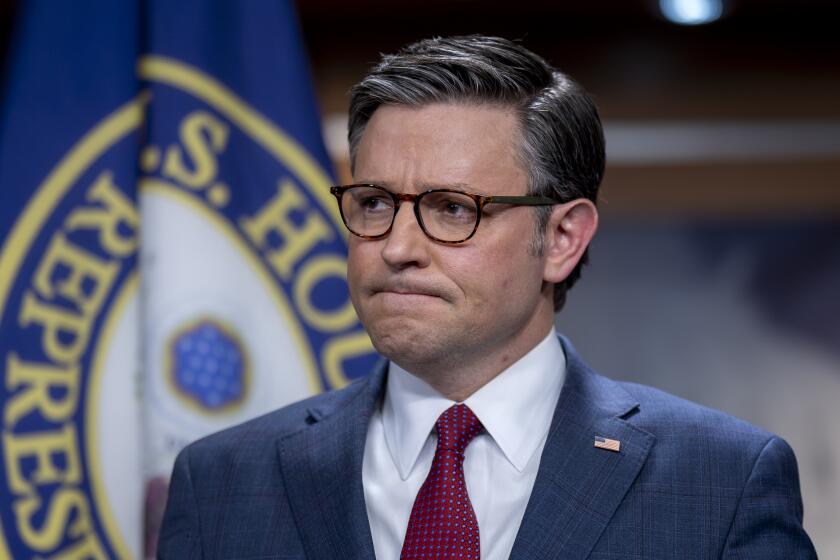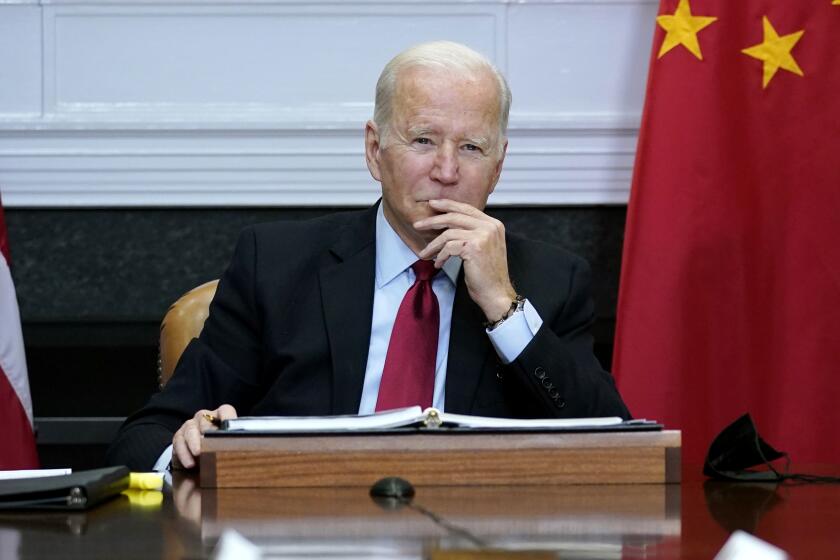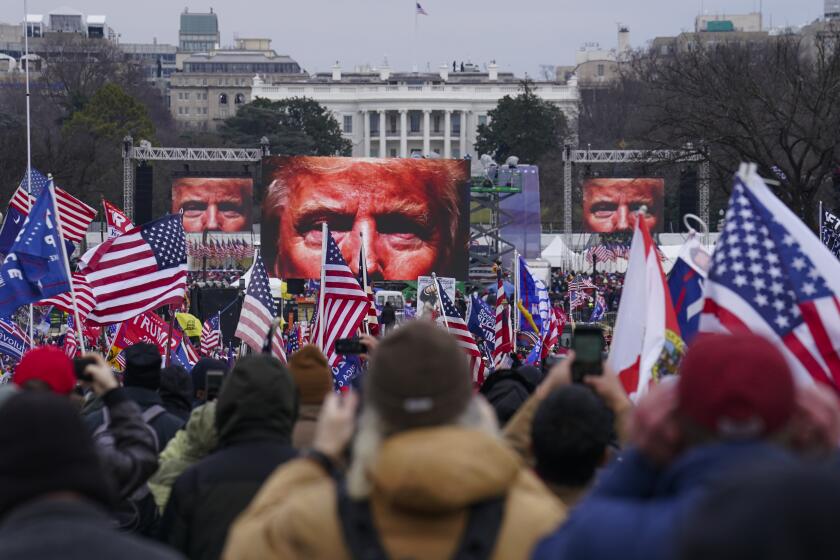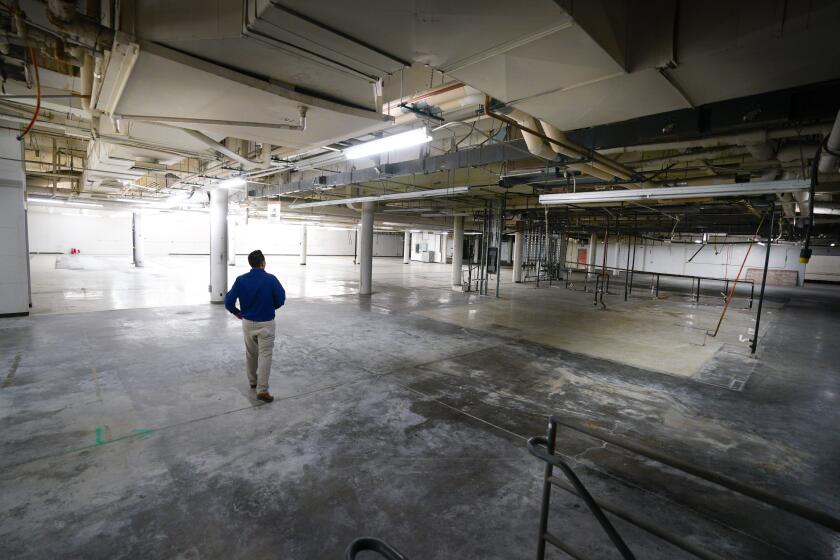Worker pay only small part of water rate hikes
Some critics of sharp water rate hikes San Diego approved last week complained that much of the new revenue would be devoted to employee pay, but city officials say that’s not true.
Of a projected $475 million the 40 percent hikes over four years would generate, $2.5 million is slated to cover employee compensation and benefits — about half of 1 percent of the money.
The lion’s share of the additional revenue would cover the sharply rising cost of imported water, capital projects upgrading the city’s water system and the first phase of the city’s Pure Water Program, which will recycle treated sewage into drinking water.
Personnel expenses for the Public Utility Department’s Water Division could increase another $14.85 million over the four years the rate hikes cover, because the City Council is expected next month to approve compensation increases for roughly half of the division’s workers represented by the Municipal Employees Association.
City officials say that additional $14.85 million in compensation costs wasn’t included in their water rate study because negotiations with the MEA were barely under way when the study was conducted. So none of the revenue from the rate hikes is slated to pay for those increases.
It’s possible those pay increases will require additional rate hikes or force the city to divert money away from some planned capital projects.
That possibility, and the pay increases in general, prompted former City Councilman Carl DeMaio and some residents to complain that the water rate hikes were less about imported water costs and infrastructure, and more about employee pay.
On his radio show, DeMaio criticized the council for taking “the easy road” by approving the rate hikes.
“Give out salary increases to the government employees at the water department and turn around and stick the ratepayers with the bill,” he said. “That is unconscionable.”
Niles and Toula Johanson wrote a letter to the city protesting the rate hikes based on the same reasoning.
“We residents have to question the fact that, just three weeks ago, the mayor and City Council approved a huge salary and benefit package increase for water department employees but yet have refused to implement a variety of cost saving reforms to prevent this massive rate hike,” they wrote. “This rate hike will go to pay for that giveaway!”
And resident Lou Cumming sent an e-mail to The San Diego Union-Tribune claiming coverage of the water rate hikes should have focused on the pay increases.
“The council is hoodwinking us ratepayers into thinking the increase is for water when it really is to cover these out-of-line personnel costs,” Cumming said.
But Water Division officials said they are confident they can absorb the $14.85 million in pay increases through efficiencies and the elimination of some positions, such as workers nearly done with installing modern “smart meters” across the city.
And even if none of those costs can be absorbed, the amount of the $475 million in new revenue devoted to employee compensation increases would be $17.35 million, or 3.7 percent.
The Utility Department’s relatively lean workforce and recent ability to reduce expenses was one of the reasons Mayor Kevin Faulconer gave for supporting the water rate hikes last week.
“The Public Utility Department has implemented reforms so San Diegans are getting more value for their water service,” the mayor said. “The department has undergone major streamlining efforts, including permanently reducing 330 positions since 2007.”
Personnel expenses typically account for about 10 percent of the Utilities Department’s annual budget, and that number is expected to decrease over the next few years as the new revenue from the rate hikes is spent mostly on imported water and capital projects.
During the current fiscal year, personnel expenses are projected to be $74 million of the department’s $631 million budget, or 11.8 percent. In fiscal year 2020, that is slated to decrease to 8.2 percent, or $75 million of a $910 million budget.
The compensation increases for MEA workers, who make up just over half of the water division’s workforce, could increase that slightly.
Michael Zucchet, MEA president, told the council last week that those employees play a key role in ensuring the reliability of the city’s water system.
“The pipes don’t fix themselves,” he said. “The reliabilities and efficiencies happen because of these employees.”
Councilman Chris Cate also called the department’s employees efficient. He stressed that the water rate increases would have been nearly as large even with drastic employee cuts.
“We can cut every single staff member in our department and still not pay for the cost increases of imported water or the capital investments we do need,” he said.
The rate hikes approved last week include a 9.8 percent jump in January, 6.4 percent in July, another 6.4 percent in July 2017, 5 percent in July 2018 and 7 percent in July 2019. The increases add up to 34.6 percent, but when compounded over the four years they would equal just under 40 percent.
Get Essential San Diego, weekday mornings
Get top headlines from the Union-Tribune in your inbox weekday mornings, including top news, local, sports, business, entertainment and opinion.
You may occasionally receive promotional content from the San Diego Union-Tribune.

